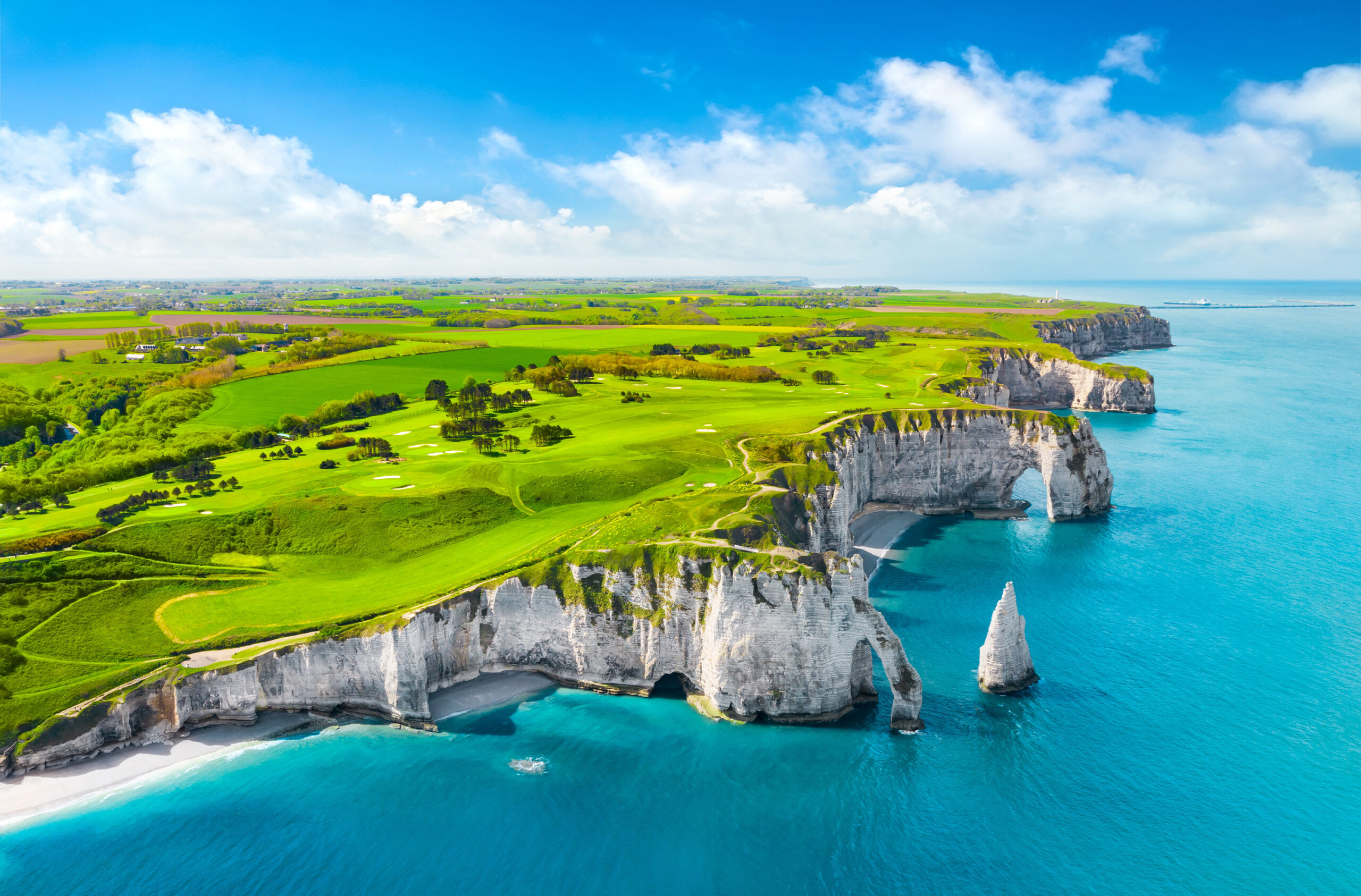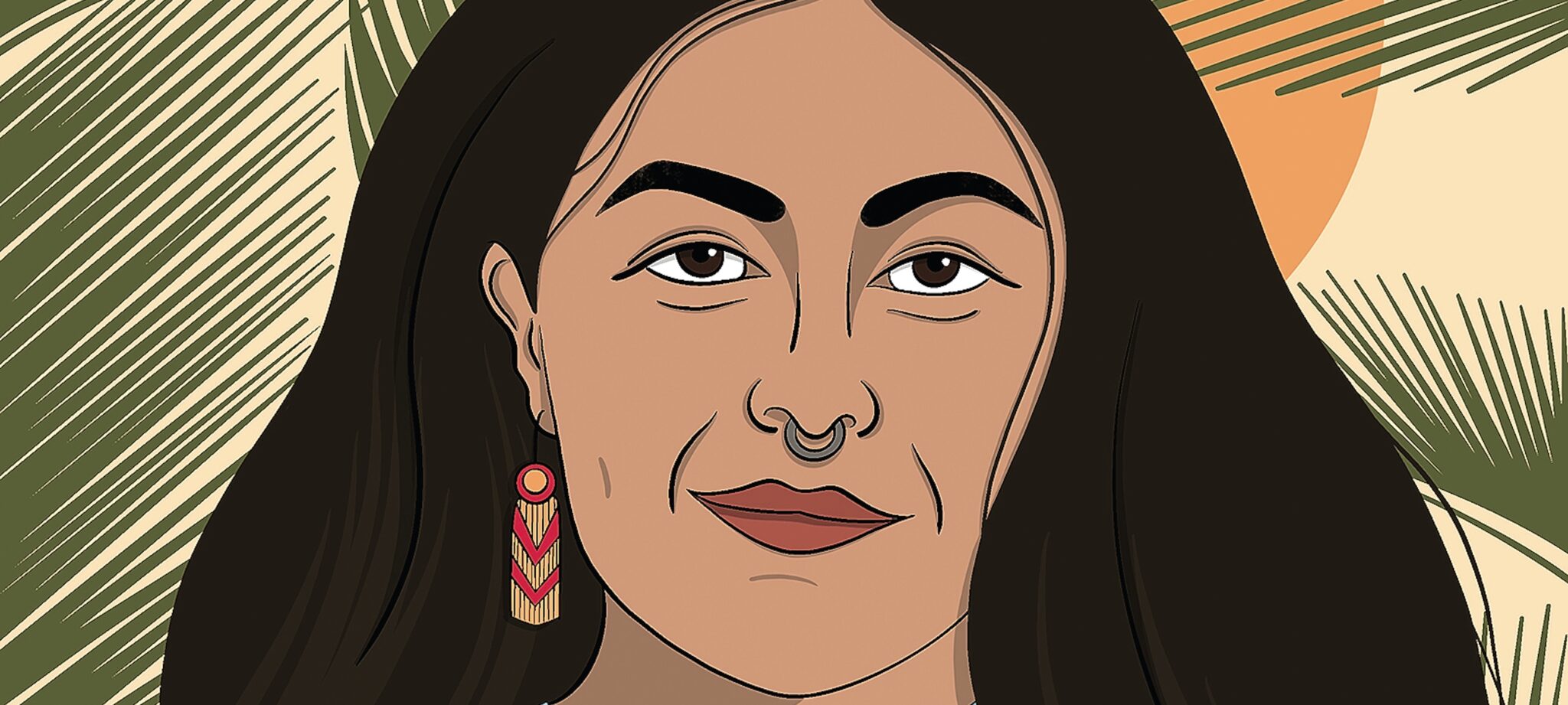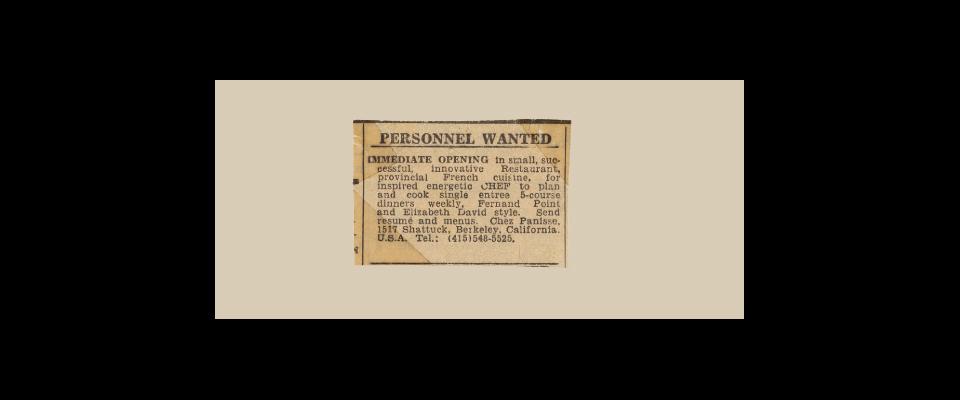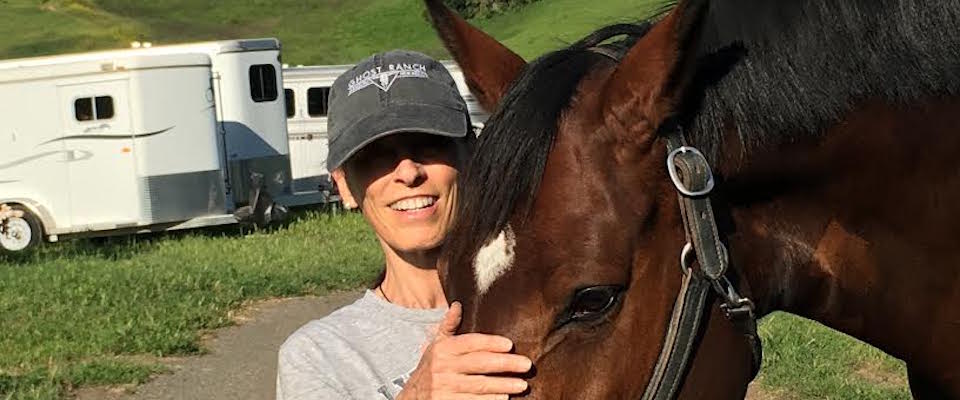I found myself in the Pacific Ocean, trapped beneath a metal grate with the tide rising around me, fighting the urge to panic. When a swell caught me by surprise, I coughed up seawater, and my heart started pounding. Desperate to stay calm, I thought of home, and childhood.
I was raised in San Diego, the second of five kids born to immigrant parents. My mom and dad crossed over from Mexico as teens. Like so many people in their situation, their ambitions were modest. They worked whatever jobs they could to provide food and shelter. When you’re barely scraping by, there’s no time to dream big.
From an early age, I knew that I wanted something different. A bunch of my cousins had joined gangs. I was lucky to love school. Every morning, I’d leave home early and show up long before class started. The environment felt right. It didn’t hurt that they fed me breakfast.
My parents weren’t unsupportive of my education, but aside from kind words, there wasn’t a lot they could offer. Moving on was going to be on me. I learned that early.
As a freshman in high school, I heard about an upperclassman who’d been awarded a Gates Scholarship—every cent of college paid for. That became my goal. I doubled down on my studies and threw myself into extracurriculars.
I also got politically active. If the cause was worthy, I had energy for it. I marched for immigrant rights. I also helped mobilize against Proposition 8, the measure to ban gay marriage. That one hit close to home.
At that point, I’d already come out to my family. You might think it would be a big deal, announcing that news in a traditional Latino household. But I was matter-of-fact. In the house with my mom one day I just said, “You know I like girls, right?”—and that was it. I don’t think she said anything. She just accepted it. Everyone in the family did. And if they didn’t, that wasn’t my problem. I wasn’t going to apologize for who I was.
Still, there was always a feeling growing up that I wasn’t where I was supposed to be, like I didn’t quite belong.
One of my favorite things to do was climb up on the roof of the little house we all shared and write in my journal. It was an escape for me, sitting there under the sun or the stars, jotting down anything and everything. It gave me comfort then, just as thinking about it gave me comfort years later as I found myself immersed in the ocean, trying not to swallow water.
How I got there is another story.
I’d never been a huge fan of reality TV. But during the pandemic, my wife and I started binge-watching Survivor. To my surprise, I got hooked. I loved it. But it also struck me that I hadn’t seen anyone who looked or acted like me on the show. Where were the gay, plus-sized, assertive Chicanas?
The more I thought about it, the more I realized, ‘Hey, I could do that. I should apply.’ I didn’t really think they’d take me. But I didn’t want to be the first to say no, so I submitted my application. That was September 2021. In March 2022, I learned I’d been chosen. Two months after that, I was in Fiji with 17 other “castaways,” trying not to get kicked off the island.
By day 21, there were just seven of us left, and the test was something called Last Gasp, where they put you in the ocean, under a metal grate that leaves you only inches of breathing room, even less as the tide rises. You can bail out when you want, and they have divers below in case of emergency, so you can’t really drown. But I can’t tell you how claustrophobic and suffocating it feels. Every instinct is to panic, which is the worst thing you can do.
As I said, I focused all my thoughts on my childhood, on my family, on everyone I loved and everything I’d been through. As stressful as the situation was, a calm came over me. An hour went by. Then two.
One contestant after another bailed until there were just two of us, me and a former competitive swimmer. The water kept rising, and I kept concentrating on the past. I thought about becoming high school valedictorian, and about winning the Gates Scholarship, which paid my way through Cal. I thought about writing in my journal on the rooftop. I thought about my parents, my brothers, and sisters. I thought about my wife. And I lost track of time, until the water stopped rising. It started going down! The producers ended the test and called it a draw. We had beaten the tide.
That was season 43 of the show. I didn’t win the whole thing, but I made it far. Ever since Cal, I’ve worked in education, trying to open opportunities for young people. One of the most important lessons I can share is that there’s so much more to life than just trying to survive.





















